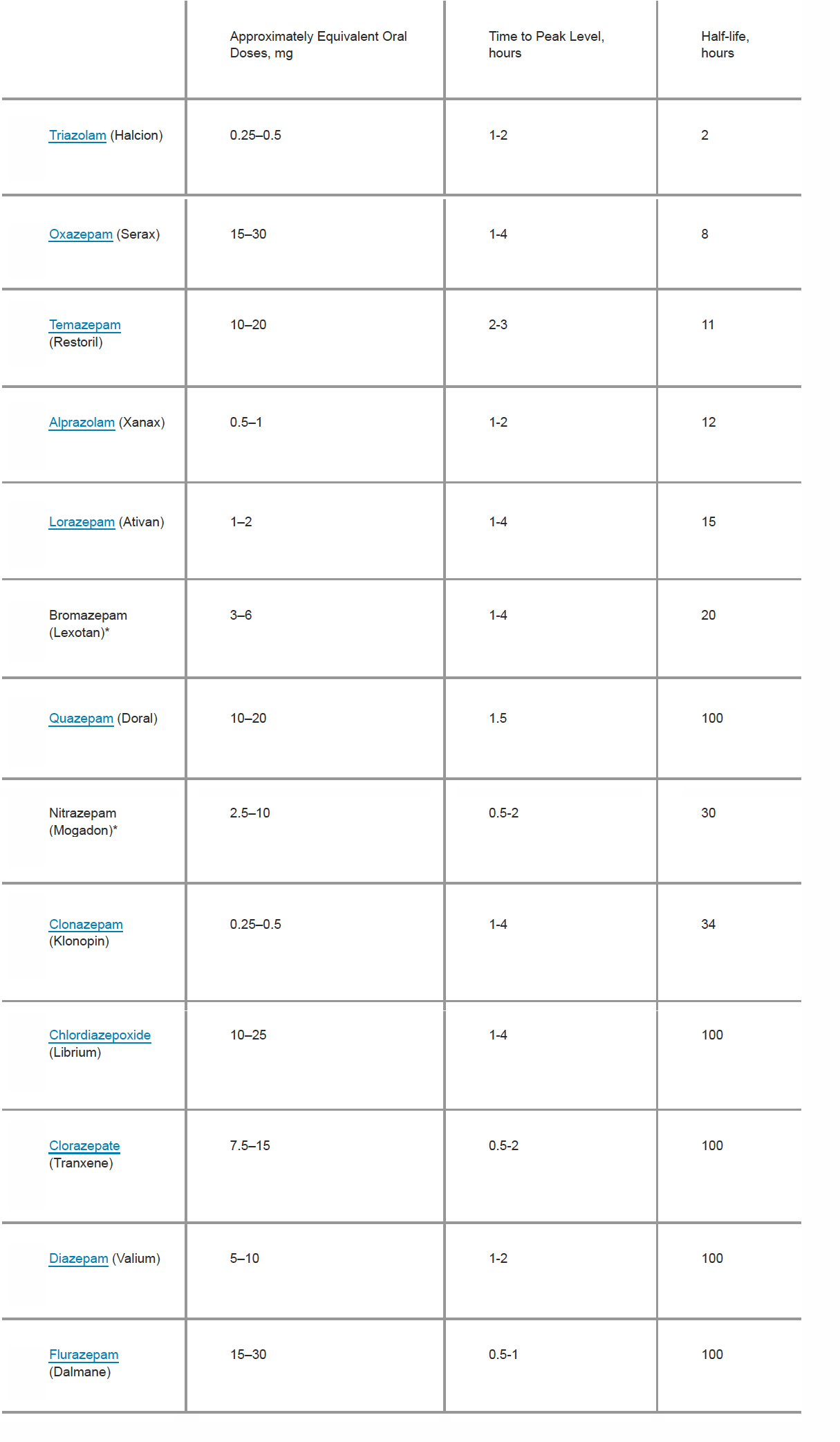Recovery from Medication
Call for Information
(415) 326-5000
Neurofeedback helps speed recovery from long-term use of medications for chemotherapy, radiation oncology, rehabilitation, and physical and occupational therapy. Treatments provide a primary therapy that reduces brain inflation and rebuilds brain receptors to regenerate healthy neural pathways.
LENS Neurofeedback is a non-invasive therapy that has been shown to reduce body and head pain, improve sleep, and reduce stress reactions.
- Reduce brain inflammation and rebuild healthy neurological brain networks.
- Reset neural pathways to normalize hormone activity.
- Restore mental clarity, body comfort, and emotional resilience.
Call a clinician at our Mill Valley, California location.
Preparation for LENS Treatment
Changing medication dosages suddenly makes it hard to separate what changes in symptoms are from the neurofeedback and what are from withdrawals. You can meet with our in-house psychiatrist, or we will consult with your doctor about the right pace to reduce medications as neurofeedback rebalances symptoms.
Do not abruptly change your medications without medical supervision. Withdrawal symptoms may set in later and be much harder to clear.
Many People Taking Antidepressants Discover They Cannot Quit

Victoria Toline would hunch over the kitchen table, steady her hands, and draw a bead of liquid from a vial with a small dropper. It was a delicate operation that had become a daily routine — extracting ever tinier doses of the antidepressant she had taken for three years, on and off, and was desperately trying to quit.
Withdrawal and Recovery from Medications
Valium, lorazepam (Ativan), alprazolam (Xanax), and clonazepam (Klonopin) are popular benzos that often cause symptoms when people stop taking them. Unfortunately, for some people, benzodiazepines eventually stop working and produce more anxiety. Withdrawals can be difficult and take months, but many people feel the resulting clarity and contentment is well worth the effort. If you are happy with your mental state on benzodiazepine dosage and do not want to change it, you are not a good candidate for neurofeedback. The benefits of your third session may interfere with the effectiveness of the meds. If you can’t find a dosage that works well or would instead not take medications, drug-free LENS is a good fit for you.
Patients who choose to taper off medications generally feel clearer and more functional with LENS treatment. The clinic psychiatrist helps clients determine tolerance. The medication produces weak benefits and strong side effects. LENS treatment makes your brain more alert and responsive to whatever you ingest: coffee, alcohol, and your meds. Ask your prescribing physician to adjust your dosage after treatments.
Anti-seizure medications can also sometimes have strong side effects without corresponding benefits, especially Seroquel. Opioid addiction is more straightforward to treat with neurofeedback than benzo withdrawal. SSRI anti-depression meds also need a doctor’s support to taper off the dosage.
Medication Half-life Chart
The benzodiazepine family is the most difficult medication to adjust for optimal dosage. They include Klonopin, Ativan, Xanax, Valium, lorazepam, and others ending in “Pam.”
DO NOT suddenly stop taking any medication without medical supervision. You may make withdrawal more difficult without proper supervision.
Use the chart below to learn more about withdrawal from benzodiazepines. A shorter half-life means greater difficulty and time for complete withdrawal; a longer half-life means easier and shorter withdrawal. For best results, consult your prescribing provider and mention the Ashton Protocol for guidance.

